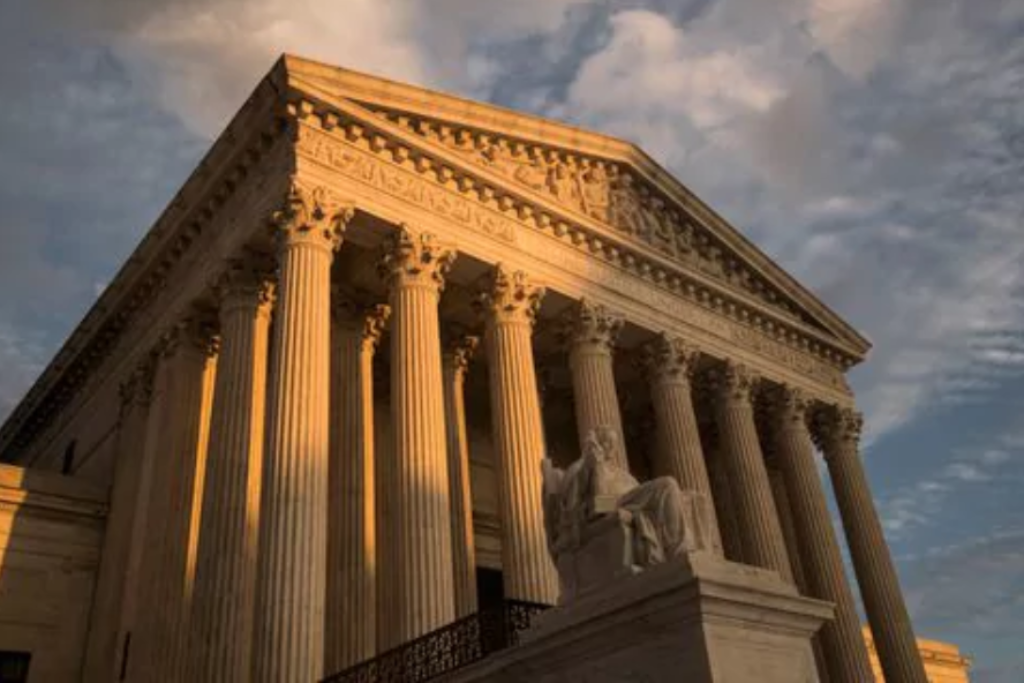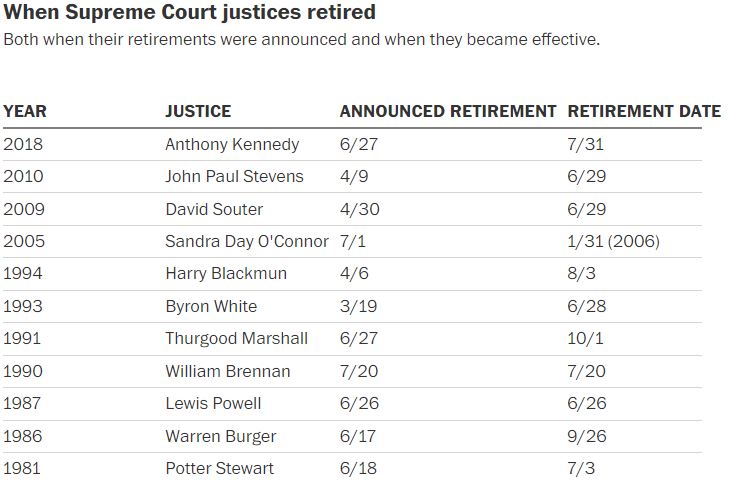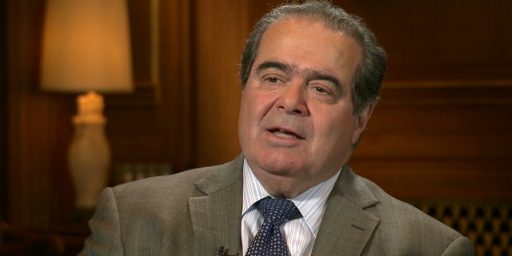The Rarity of Supreme Court Retirements
There have only been eleven since 1981.
WaPo Supreme Court reporter Aaron Blake’s “Stephen Breyer, and why Thursday is a huge day for the future of the Supreme Court” contains no real news. It simply notes that tomorrow is the last day of the current SCOTUS term and speculates as to whether Breyer will retire and, if so, the precise timing.

The speculation is de rigeur and perfectly understandable but it’s the 82-year-old Breyer’s decision to make and we’ll know soon enough. What caught my attention, though, was this chart:

That’s just eleven retirements in the last four decades. (Actually, longer than that, since the previous vacancy was filled in December 1975.) Another three (William Rehnquist, Antonin Scalia, and Ruth Bader Ginsburg) died in office over that stretch.
Granting that the body only has nine members, you’d expect a lot more frequent turnover considering that they tend to get appointed to the bench in their late 40s or early 50s and draw full pay and benefits in retirement after 15 years of service and attaining 65 years of age.
Rather clearly, considering that Justices tend to hang around well into their 80s or die trying, the intellectual challenges and perquisites of office make retirement look uninviting.





It’s “big man syndrome”. The idea that they’re so uniquely gifted that no one could possibly do the job as well as they do.
Which is not to say they’re not (for the most part) among the top legal minds in the country, but they’re not completely irreplaceable. Justice Leah Ward Sears, as an example, would be just as brilliant as Justice Breyers.
@Stormy Dragon:
Or maybe they just like their job and want to hold onto it as long as possible whether they think others can do it better or not. Most human decisions come down to habit, including the habit of going into the office for a job you enjoy.
@Stormy Dragon:
I wonder how stressful the job of a justice is.
The other matter to consider it’s that such a job is the absolute pinnacle of the legal profession, and staying on it does not depend on performance or popularity.
James, another way to phrase it is we’ve seen three per decade.